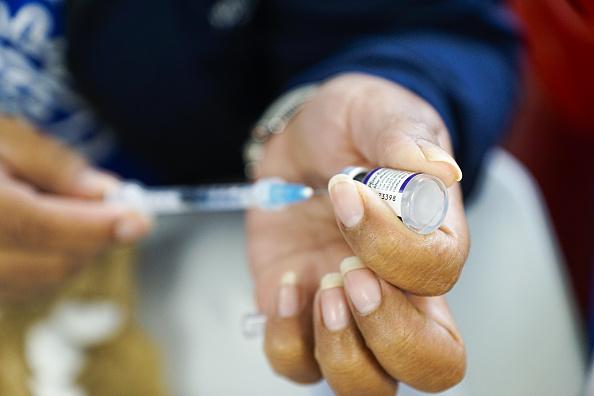Americans will soon have to pay for COVID-19 vaccines and boosters, according to a report.
The Indiana Public Media said Thursday that public health experts are encouraging everyone to get the booster doses while they are still eligible to get them for free.
According to the news outlet, the White House emergency declaration on the pandemic will expire later this year. Meanwhile, the World Health Organization (WHO) has stated that the global health crisis could end in 2023.
The end of the national and public health emergencies could change how Covid vaccinations are administered. People in the U.S. will likely have to pay if they want to get boosted.
Since last year, the administration under U.S. President Joe Biden has required private insurers and Medicare to cover up to eight at-home Covid tests per month. Once the public health emergency declaration gets lifted, people will have to pay for testing out of their pockets, NBC News has learned.
The federal government is expected to end the emergency declarations in May. On top of the vaccines, boosters and testing kits, people will have to pay for Covid treatments once their insurance no longer covers them.
In the aftermath, Americans could see a different kind of COVID-19 vaccine after the Food and Drug Administration (FDA) proposed in January a change in the way the vaccines are updated to mimic that of the annual flu vaccine.
For now, everyone is strongly encouraged to get the latest bivalent booster designed to target both the original strain of COVID-19 and the newer and more transmissible subvariants of omicron.
The bivalent booster has been authorized and recommended for all eligible groups. But only those who have not had the booster are eligible to get one. The vaccine booster is still free, so experts strongly encourage getting one.
“If you haven’t received a booster and you’re willing and able, please get one. You’ve got some time before this public health emergency ends to do that. What may change after that time is just having to bill insurance or having to pay for it,” Graham McKeen, the assistant director of Indiana University’s Public and Environmental Health, told Indiana Public Media.


